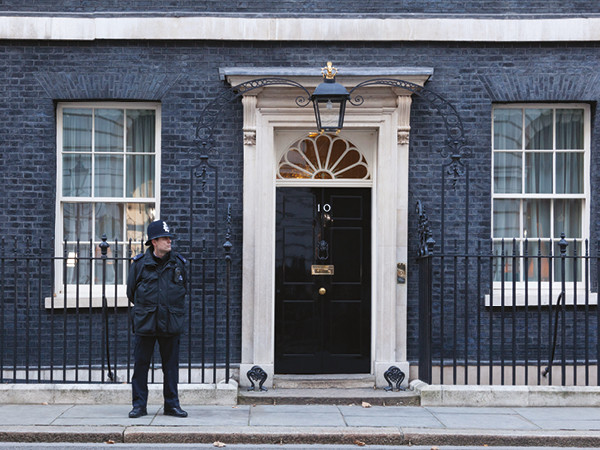
Soapbox: Miles Beale's hope for the future
Wine & Spirit Trade Association CEO Miles Beale shares his optimism that the new government will listen to the trade.
In the end a July election was a bit of a surprise. So too was quite how bad the result was for Rishi Sunak, as well as the very large majority for the Labour Party. What that means for us is change. Prior to the election we were in a place where Sunak, as chancellor, invented a new taxation regime for alcohol, moved next door to No 10 and had his ministers defend it – albeit with one temporary concession (the wine easement). The duty system remains the most urgent priority for the WSTA, but we have a new government, and it’s not top of its list. So, we are currently looking for a way of introducing ourselves – and the topic – to the new Labour government, to explain the potential disaster of losing the wine easement on 1 February next year.
We had spoken to Labour in opposition, and many of them are now in government. But they’re not in the same roles, are trying to work out who is in charge of what, and civil servants will need to brief them etc, which makes engagement difficult at the moment. We have written formally to put duty on their radar, but we don’t expect an immediate response – because they will have more pressing matters. In practice, I don’t expect to meet ministers until after the summer recess, but the looming deadline on 1 February means we need to try bringing them up to speed prior to meeting.
The better news is that, I think, the conversation will be different. So far I’m impressed. The Labour Party has arrived and got straight on with the job. What we are hearing is encouraging: that the number one priority is economic growth, and they go as far as to say ‘we’re not going to achieve economic growth without working closely with business’. That’s great, because we all want – indeed need – economic growth and we would like to work with them to achieve it. So, there’s a full loop there back to ‘why would you get rid of the duty easement on wine?’. We’re not expecting it to review the duty system again immediately, but we are saying the easement should become permanent – because otherwise there is a big problem for the UK wine trade and UK wine retailers in particular. And that’s our burning platform when we eventually meet new ministers.
↓
Environmental outcomes
The wider piece, which I suspect will be the work of a full five-year term, is really going to be around how a Labour government wants to improve environmental outcomes, while also delivering economic growth. For us, our industry, and other industries, their approach will have a crucial impact for wines and spirits in how they want to deliver Extended Producer Responsibility and Deposit Return Schemes (DRS).
The good news is government has already indicated that economic growth is the number one priority, not environmental taxes. Moreover, they’ve indicated that they want to do it in partnership with industry. That’s great, you couldn’t ask for better indications of where they’re going to start and how they want to work. But again, we’re not going to get into any level of detail until autumn at the very earliest. And, of course, it’s very complicated. One of the things we’re already thinking about is how we can indicate to government that they need to get rid of some already unrealistic timetables.
The last government said ‘we will start doing X by this time, and Y by that time’, but it was not actually possible. I think we’ll be pointing to Scotland, where the government maintained for a long time that a deposit return scheme would be introduced, carrying on saying that even when well past the point when we all knew it was impossible. We’ll encourage an incoming Labour government not to be bound to an unrealistic timetable that’s already unworkable. Too much time will have passed by the autumn to hit most of those deadlines. So, we’ll encourage this government to work with us, to balance economic growth with delivering environmental outcomes and only to start announcing policies and timetables when they’ve consulted fully with industry. Otherwise, they’ll end up in the same place the Scottish government found itself on DRS.
To achieve the things they want to achieve, and that we want to achieve, we’re going to have to do it together, with an agreed plan. I very much hope the tone of our conversation with government changes and goes back to being one of partnership to deliver mutual goals. And if I’m honest, it feels like quite a long time since that’s been the case. The WSTA is ready, willing and able to have those conversations with government – as soon as it is ready.




